- A. Philip Randolph
- Abayomi Azikiwe
- Adam Sanchez
- Akashi Kaul
- Alabama
- Alana D. Murray
- Allison Acosta
- Allyson Criner Brown
- Amelia Boynton
- Amzie Moore
- Andrea Guiden Pittman
- Andrea McEvoy Spero
- Annie Devine
- Arkansas
- Art
- ASALH
- Audi Cornish
- Bayard Rustin
- Bernice Johnson Reagon
- Bill Bigelow
- Bill Fletcher Jr.
- Black Lives Matter
- Black Panther Party
- Black Power
- Bob Moses
- Book
- Books
- Brenda Randolph
- Brown v. Board of Education
- C.T. Vivian
- California Newsreel
- Carmen Gómez García
- Charles Cobb Jr.
- Charles E. Cobb Jr.
- Charles M. Sherrod
- Charles Payne
- Chris Hoeh
- Chris Seeger
- Civil Rights Act
- Claudette Colvin
- Claudio Saunt
- Clyde Kennard
- Colia Liddell Lafayette Clark
- colleen bell
- CORE
- Coretta Scott King
- Courtland Cox
- Craig Gordon
- Cristina Tosto
- CRMVet.org
- Daniel Perlstein
- Dave Zirin
- David Busch
- David Hill
- David Levine
- Dawn Keene
- DC
- Deborah Menkart
- Derrick Alridge
- Desegregation
- Dick Cluster
- Digital Collection
- Dorie Ladner
- Dr. Gordon Nembhard
- E.W. Steptoe
- Education
- Elementary
- Elizabeth A. Davis
- Ella Baker
- Eloise Greenfield
- Emilye Crosby
- Emmett Till
- Erika Landberg
- Eva Sperlng Cockcroft
- Eyes on the Prize
- Fannie Lou Hamer
- Fayette Colon
- FBI
- Federation of Southern Cooperatives and Land Assistance Fund
- Film
- Florida
- Freedom Schools
- Freedom Summer
- Gary Convention
- Georgia
- Grace Lee Boggs
- Hardy Thames
- Hasan Jeffries
- Herbert Kohl
- Herbert Lee
- Highlander
- Holly Barnet-Sanchez
- Holly Jansen
- Hope Martin
- Image
- Interactive Map
- Introduction
- James Boggs
- James Loewen
- James Meredith
- James Smethurst
- Janine Gomez
- Jeanne Theoharis
- Jenice L. View
- Jennifer Gallagher
- Jesse Hagopian
- Jessica Gordon Nembhard
- Jo Ann Robinson
- John H. Bracey Jr.
- John Hulett
- John Lewis
- Josh Healey
- Josh Ozersky
- Joyce Ladner
- Judy Richardson
- Julian Bond
- Julian Hipkins III
- Katie Kissinger
- Katie Lyman
- Katy Swalwell
- Kentucky
- Kimberly Spotts
- KKK
- Kwame Touré
- Labor
- Land
- Larry Miller
- Laurel R. Singleton
- Leah Douglas
- Lesson
- Linda Christensen
- Louis Allen
- Louise Bock
- Louisiana
- Luis Torres
- Lynda Tredway
- Maestra Productions
- Maggie Nolan Donovan
- Malcolm X
- Mamie Till
- March on Washington
- Maria Fleming
- Martin Luther King Jr.
- Matt Herron
- Medgar Evers
- MFDP
- Military
- Mira Luna
- Mississippi
- Montgomery Bus Boycott
- NAACP
- New York
- Nicolás Guillén
- Nonviolence
- Norm Diamond
- North Carolina
- Oral History
- Patty Bode
- Paula Young Shelton
- Pauli Murray
- Podcast
- Poetry
- Police
- Poor People's Campaign
- Prathia Hall
- Primary Document
- Prisons
- Quiz
- Randi Douglas
- Reading
- Redlining
- Resource Center of the Americas
- Richard Rothstein
- Rita Dove
- Robert P. Moses
- Rosa Parks
- Sam B. Hilliard
- SCLC
- SCOTUS
- Self-Defense
- Selma
- Septima P. Clark
- Sheyann Webb
- Sit-Ins
- SNCC
- SNCC Digital Gateway
- Sonia Sanchez
- Sports
- Stephanie Schmidt
- Stokely Carmichael
- Student Nonviolent Coordinating Committee
- Susan Guengerich
- Susan Nail
- Susan Oppenheim
- T. G. Lewis
- Ta-Nehisi Coates
- Teaching Idea
- Teaching Reflection
- Tennessee
- Texas
- Tiferet Ani
- Timeline
- Timothy Jenkins
- Transportation
- U.S. Foreign Policy
- Ursula Wolfe-Rocca
- Vanessa Williams
- Vann R. Newkirk II
- Vernon Dahmer
- Veterans
- Video
- Vietnam War
- Vincent Harding
- Vincent Intondi
- Virginia
- Voting Rights
- Voting Rights Act
- Wayne Au
- William P. Jones
- Yohuru R. Williams
- Zinn Education Project
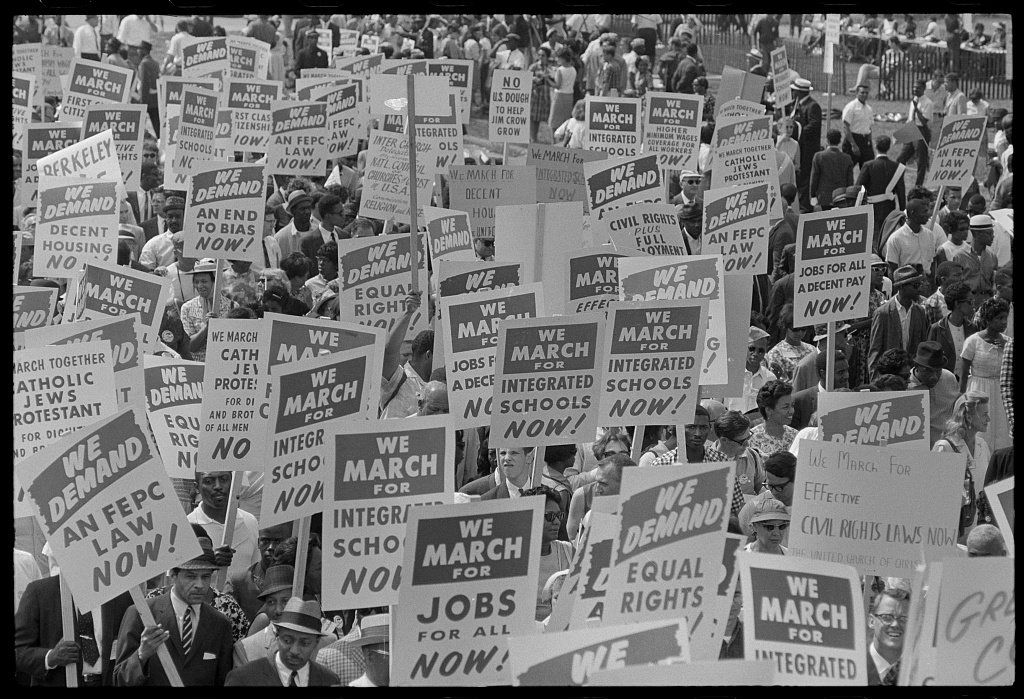
March on Washington Hidden History Quiz
Quiz by Teaching for Change
When most people think of the 1963 March on Washington for Jobs and Freedom, what comes to mind is Dr. Martin Luther King Jr.’s iconic statement, “I Have a Dream.” In truth, there was much more to this historic event than these four words in King’s speech. Teaching for Change designed this quiz about the 1963 March on Washington for Jobs and Freedom to challenge assumptions, deepen understanding, and inspire further learning.
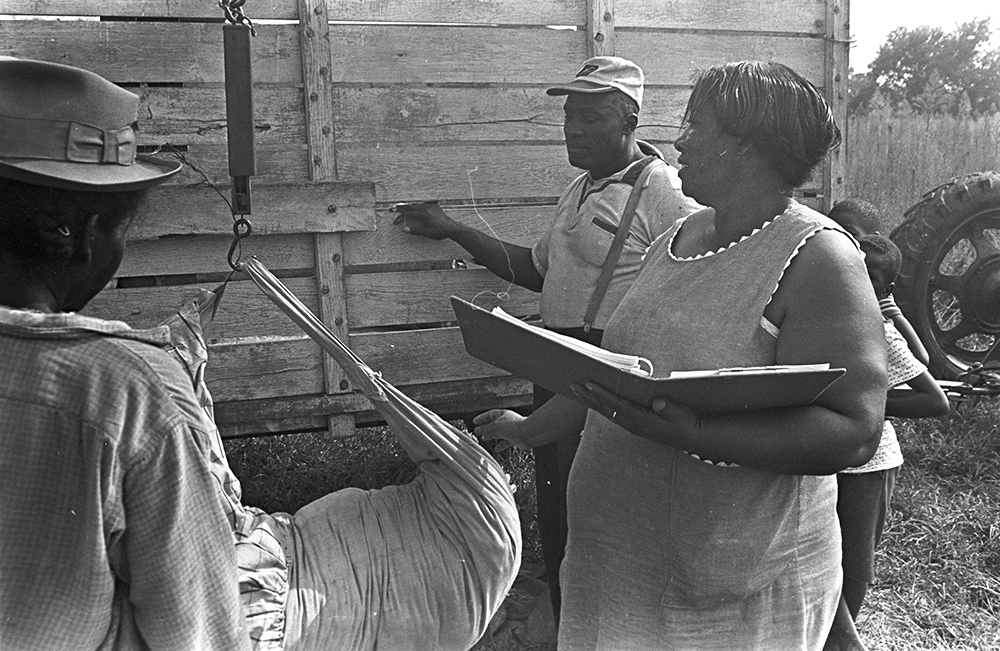
Introduction: Labor and Land
Labor and land have always been central to the struggle for civil and human rights in the United States. In this introduction, we share a few examples.
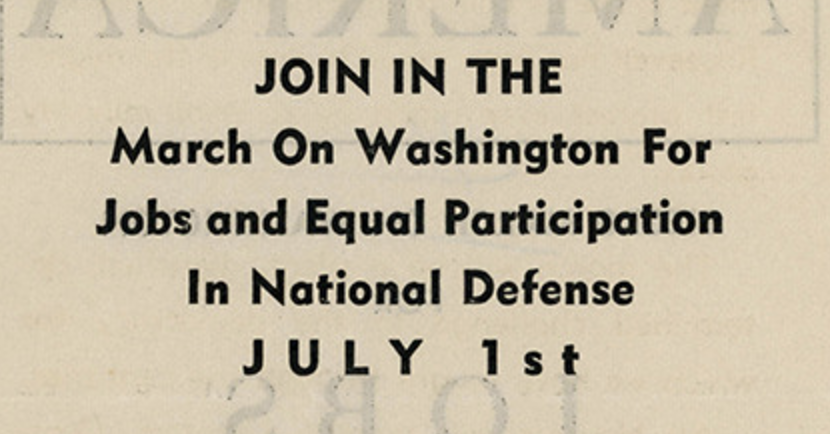
Call to Negro America to March on Washington for Jobs and Equal Participation in National Defense, 1941
Primary Document by A. Philip Randolph
In 1941, A. Philip Randolph, the president of the Brotherhood of Sleeping Car Porters, issued a call to African Americans to fight the unjust conditions in the workforce with a March on Washington for Jobs and Freedom. The threatened mass protest forced President Franklin Roosevelt to sign Executive Order 8802 in June 1941, banning discrimination in the federal government and the defense industry. On June 28, A. Philip Randolph postponed the march.
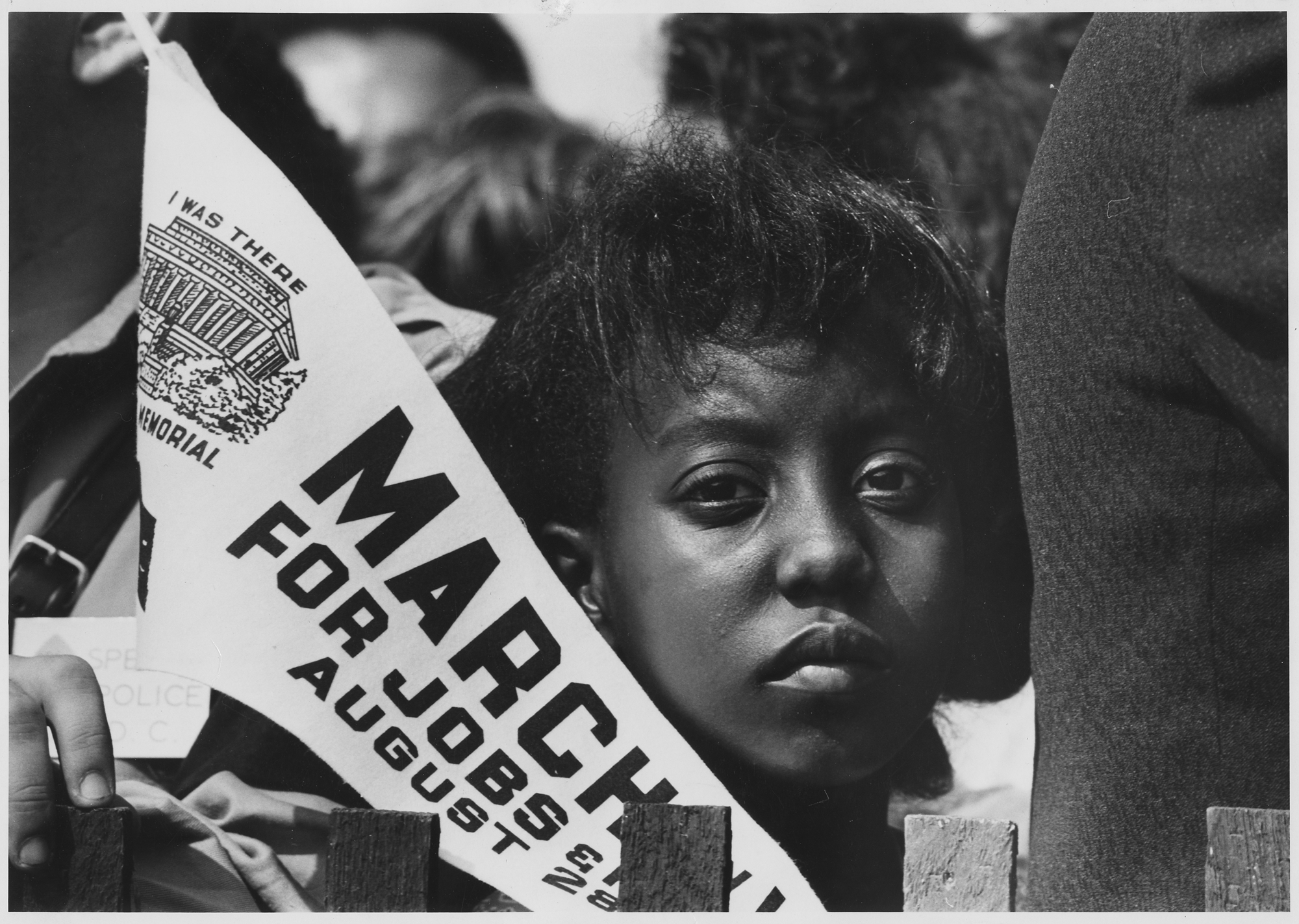
Claiming and Teaching the 1963 March on Washington
Reading by Bill Fletcher Jr.
The March on Washington did not begin as a classic civil rights march. It is barely remembered that the March on Washington was for freedom AND jobs, or that the march was initiated by black labor leaders.
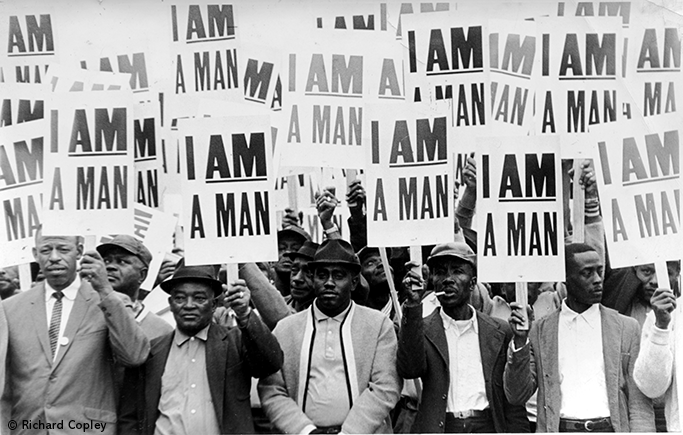
At the River I Stand: The 1968 Memphis Sanitation Workers Strike and the Assassination of Martin Luther King Jr.
Reading by California Newsreel
The documentary film At the River I Stand skillfully reconstructs the two eventful months that transformed a strike by Memphis sanitation workers into a national conflagration, and disentangles the complex historical forces that came together with the inevitability of tragedy at the death of Martin Luther King Jr.
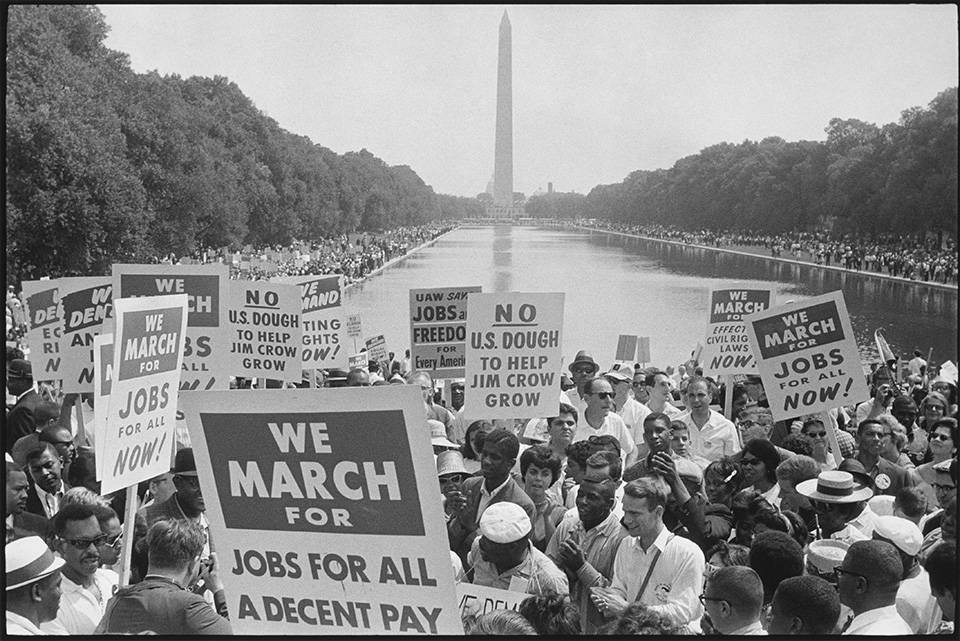
The Unknown Origins of the March on Washington: Civil Rights Politics and the Black Working Class
Reading by William P. Jones
“The very decade which has witnessed the decline of legal Jim Crow has also seen the rise of de facto segregation in our most fundamental socioeconomic institutions,” veteran civil rights activist Bayard Rustin wrote in 1965. The March on Washington addressed the economic crisis facing working-class African Americans more effectively than any other mobilization since the Second World War.
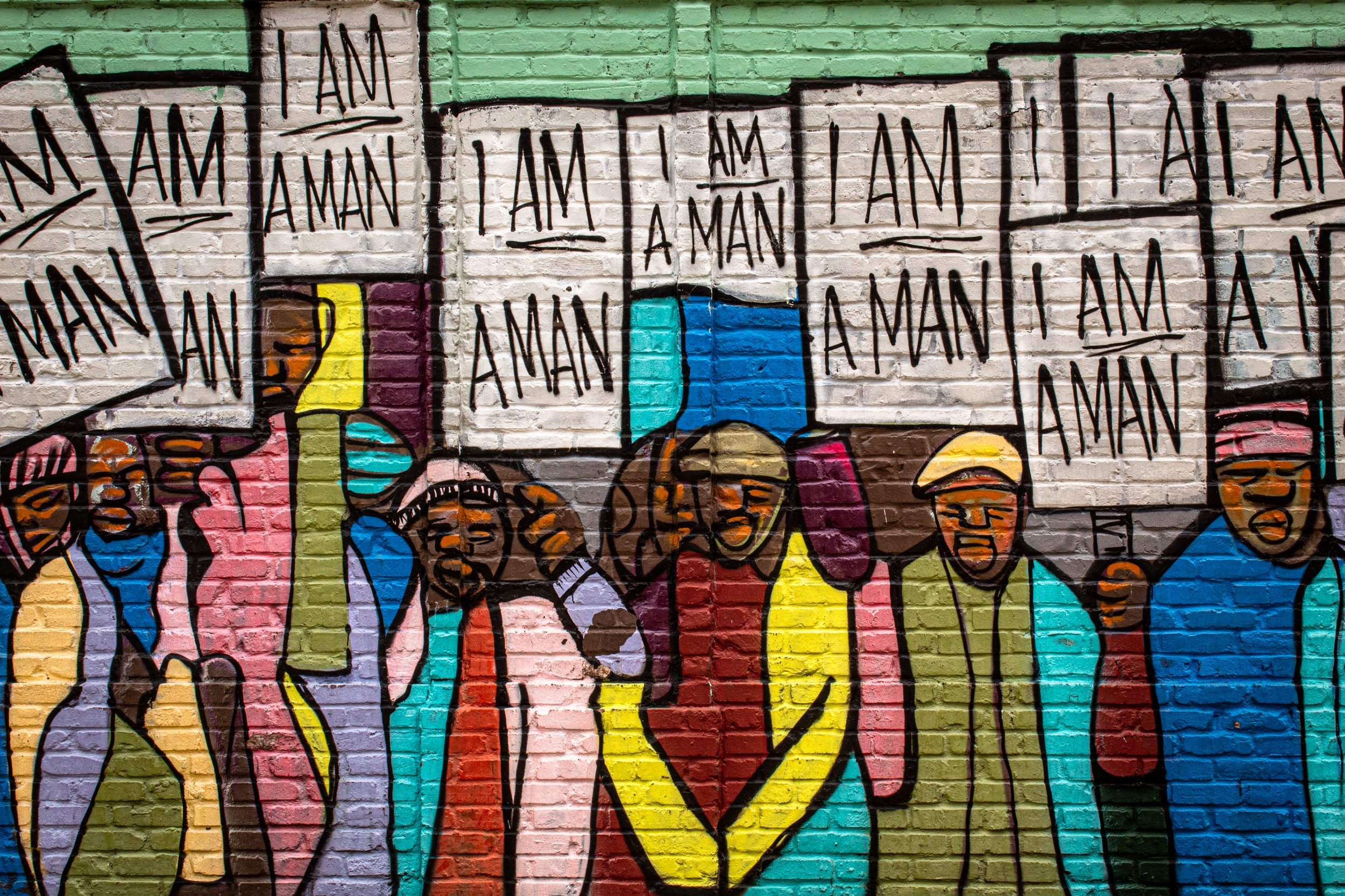
Remembering the Memphis Sanitation Workers’ Strike: A Collaborative Mural
Lesson by Patty Bode and Stephanie Schmidt
An art lesson designed to introduce the complexity and role of ordinary people in the Civil Rights Movement. The addendum provides a practical guide to drawing images of people for murals.
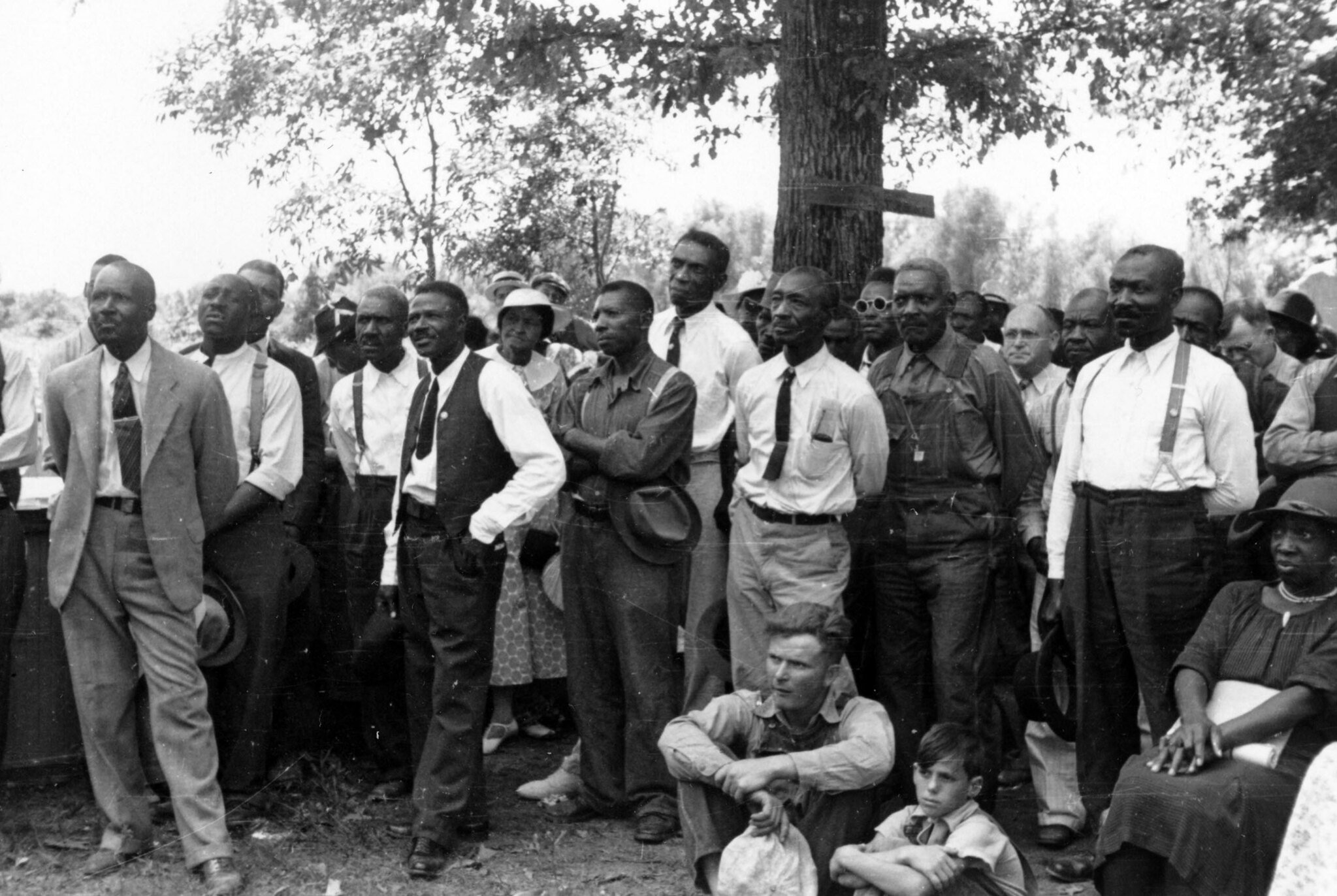
Southern Tenant Farmworkers: Black and White Unite?
Lesson By Bill Bigelow
This lesson examines efforts by Black and white workers to overcome the deep divisions and suspicions of racial antagonism in 1934 Arkansas. Students are faced with a “What would you do?” assignment that helps them understand many of the difficulties in achieving some degree of racial unity. At the same time, they realize the importance of confronting and overcoming racist attitudes.
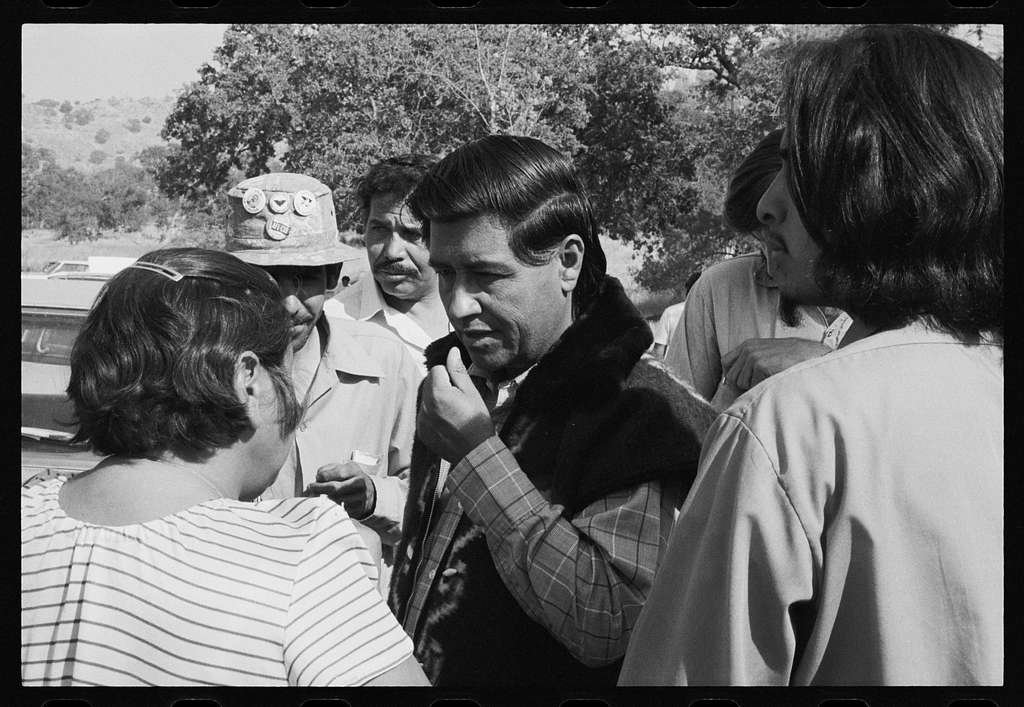
César Chávez on How It Began
Interview with César Chávez by Luis Torres
In an interview just before his death in 1993, César Chávez related the story of how the fledgling National Farm Worker Association (NFWA) union became involved with Filipino workers belonging to the Agricultural Workers Organizing Committee and the strike against major grape growers.

A Brief History of Black Cooperatives in the United States
Interview of Dr. Jessica Gordon Nembhard By Mira Luna
For as long as there have been Africans in America, there have been examples of Black social, cultural and economic solidarity. Often formed in response to systemic exclusion and economic stagnation, examples range from mutual aid networks, to freedom farms and grocery cooperatives.
